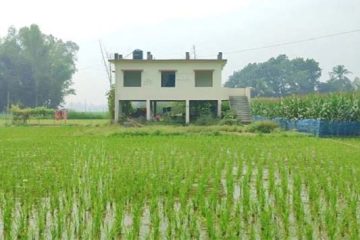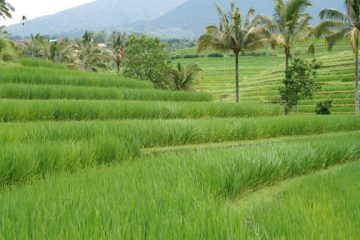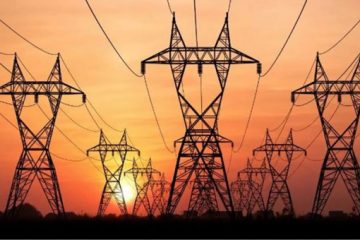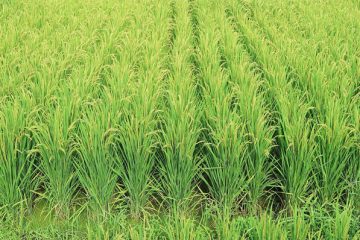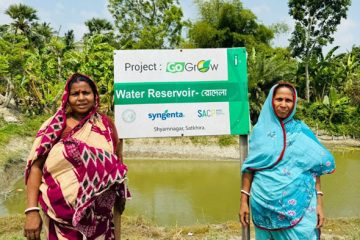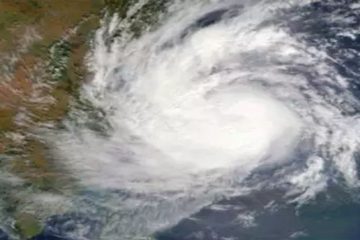Food, water, sanitation still problems for Dacope people
From NewAgebd
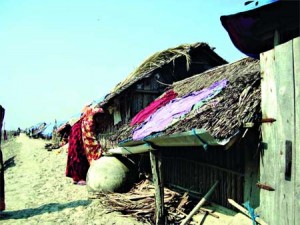 Living became a nightmare for people of Dacope, an upazila in southwestern Khulna, after May 25 when the region was battered by water surges whipped up by cyclone Aila that ripped through the coastline into India.
Living became a nightmare for people of Dacope, an upazila in southwestern Khulna, after May 25 when the region was battered by water surges whipped up by cyclone Aila that ripped through the coastline into India.
And it has not yet changed for the better for them, even five months inside the devastation.
The people, who lost all they had to the cyclone, started living in makeshift shelters and on high land such as roads, living on the help dished out by government agencies and non-governmental organisations.
The upazila administration soon after the cyclone said 25,067 houses were destroyed and 8349 damaged.
The people could not get back to their homesteads as they are yet to be rebuilt or repaired, and the affected continued living in makeshift shelters or under the open sky.
Air reeking of human excreta and other bad smells started hanging heavy on them as the area now has a few sanitary latrines. Most of the people now need to defecate in open spaces.
The Department of Public Health Engineering said 183 pond sand filters, 697 tube wells, 183 sand filter ponds, 177 drinking water ponds and 16,948 latrines were destroyed at Dacope. The administration could repair only 80 of the tube wells.
The residents said the DPHE people started distributing drinking water among the affected after the devastation, but that too stopped on June 13.
Most of the people affected who were employed in various jobs before May 25 have now go fishing to earn their living and what they get can hardly meet their needs.
‘Thousands of people go fishing in small areas of water bodies and the amount of fish they catch these days can hardly meet the need for the families,’ said 50-year-old Mahiuddin Gazi, a resident of Sutarkhali in the upazila.
Mahiuddin said they were not getting adequate food and water. They receive some food and water from government agencies and non-governmental organisations, but the amount was too little to meet their needs.
‘The government is now running a food-for-work programme and is paying Tk 100 per head, but a large number of people remain outside the programme coverage. The amount is also too small to run a family, especially amid the spiral of essential goods prices,’ said 63-year-old Akkas Ali, a resident of Kamarkhola.
‘We are faced with an acute shortage of drinking water as all our sources of drinking water were destroyed and nothing has as yet been done to repair or restore them,’ said 40-year-old Joynob Bibi, wife of Abdul Gani, also a resident of Kamarkhola.
She said they needed to fetch water from a distance of four kilometres and when cannot do that, they drink from the nearby river. The water is dirty and most of them have contracted diarrhoea, and skin and other waterborne diseases.
Joynob said they harvested rainwater in earthenware pots for drinking, but they used up the stock in a few days after the rainy season. Not many of them have extra pots to harvest rainwater for months. ‘We send our children to schools with pots so that they could fetch some water from water sources on their way home.’
‘We find it hard to manage food. We have no drinking water. We have no sanitary facilities. We have a latrine for more than a hundred families. We relieve ourselves in open spaces,’ said 45-year-old Moksed Sardar, a resident of Nalian.
The upazila nirbahi officer, Quazi Atiur Rahman, said the administration had provided the people affected with 2,400 tonnes of rice and Tk 10 crore in cash in relief, Tk 3 crore in house building grant in the upazila.
About 10,500 people are getting 30 kilograms of rice a month under the vulnerable group feeding programme and 5,644 people have been brought under the food-for-work programme coverage, in which the people get Tk 100 each a day for 40 days.

